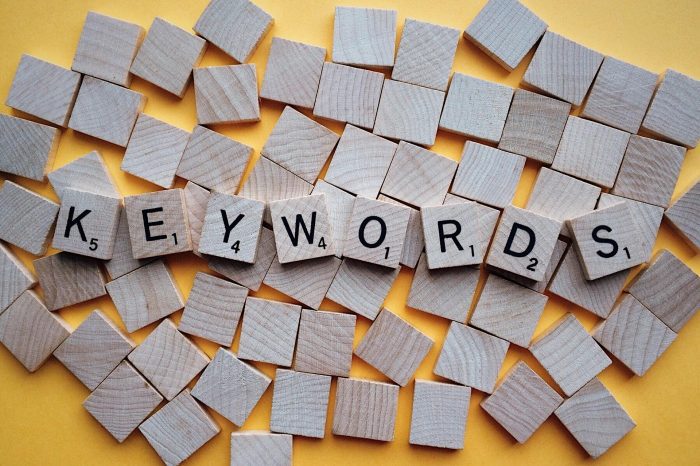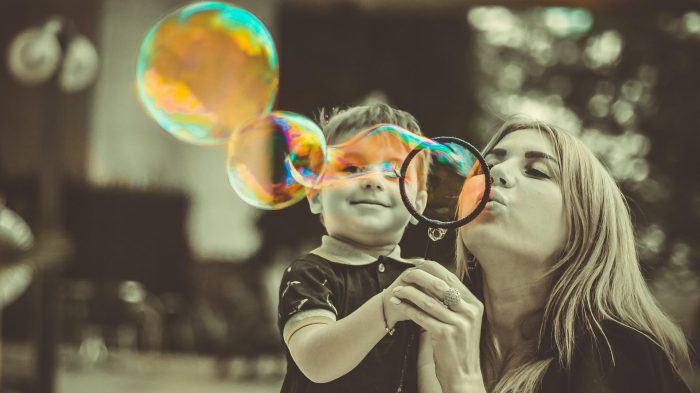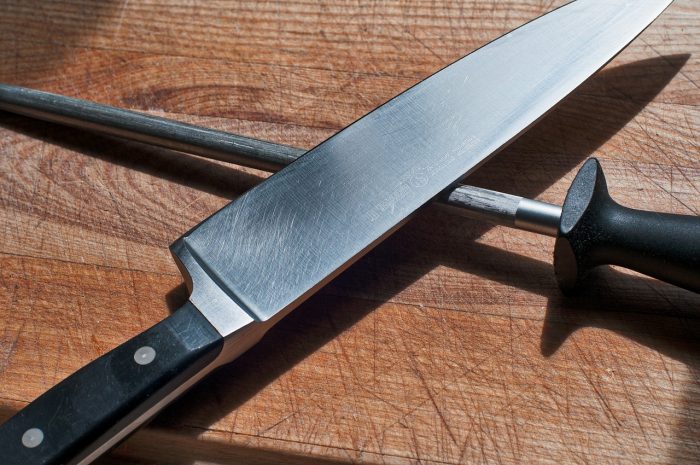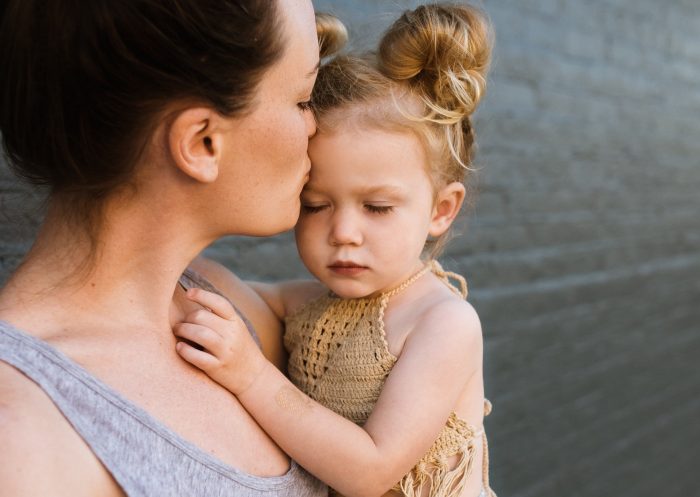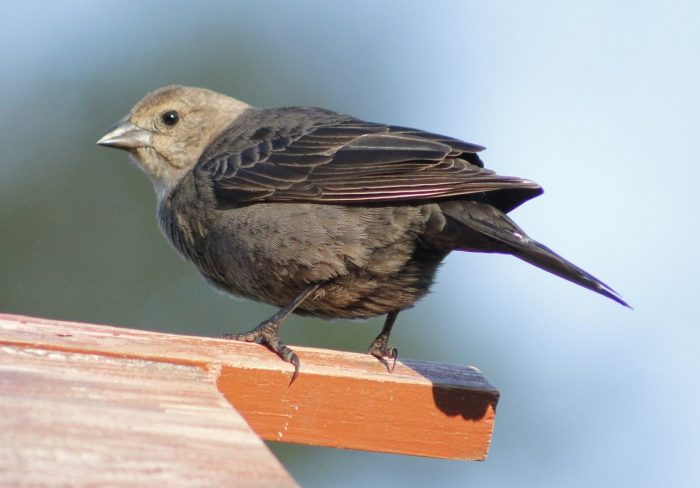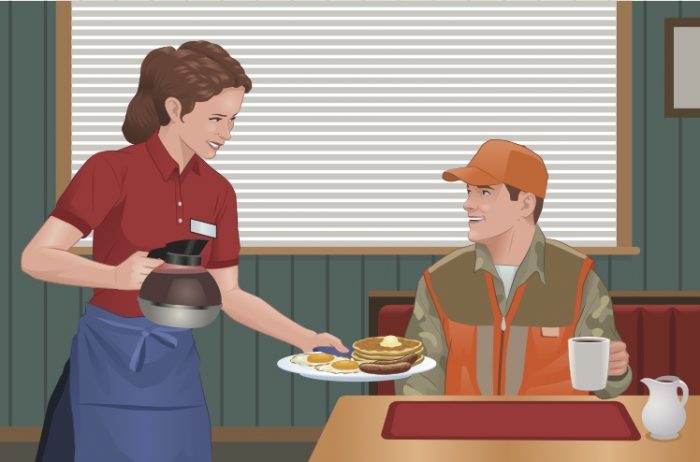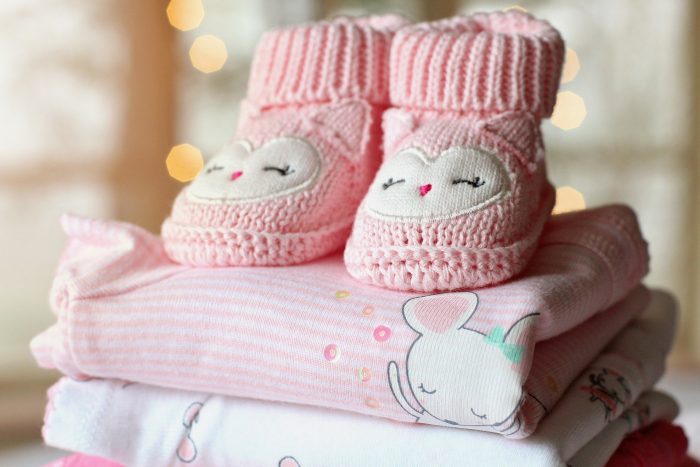By Daniel Dunaief

Once upon a time, the eight parts of speech came together to compete for supremacy.
Convinced of his invincibility, the arrogant noun stood on top of the mountain, rolling his eyes at the other parts of speech, assured of his victory.
“I am, without a doubt, the most important of the eight of us,” he declared. “I hope you’re not too disappointed when you all eat my dust.”
“You think you’re the best and the brightest,” laughed the adjective. “Without me, you’d be a bunch of people, places and things, without much flavor. Why, you’d be like vanilla ice cream without sprinkles, melting in the hot sun.”
“Well, sure, adjectives are helpful,” the noun acknowledged. “You’re like Robin to my Batman.”
“So, you’re the only superhero with any real value?” the pronoun asked.
“No, you and I are a team, right? You stand for nouns, with your ‘he, she, it’ and your ‘who, which and what,’ but, come on? Where would you be without me? I’m the king, the throne, the empire, the country and the world all at once.”
“Maybe, but people would get sick of reading the same words over and over if they didn’t have pronouns,” the pronoun argued. “I may have smaller words in my part of speech, but I take the place of all your huge words, without needing to repeat them all.”
“Good grief,” the interjection interjected. “Come on! I’m not only a conversation stopper, I am often followed by an exclamation point. See? Well, that’s a question, but I’m a forceful part of speech, dang it! Listen to me! I will win this ridiculous competition!”
Slowly and deliberately, the adverb hopped off his adverb couch, gracefully gliding over to the group.
“Seriously, the adverbs gleefully chuckling over there,” he said, pointing to a group of words with “ly” tails, “are highly useful and critically important.”
The preposition had heard enough. He climbed off the fence, down a hill, and near the others.
“The proposition of a preposition winning this contest is high,” she said. “We provide context for so many activities — on the roof, by six o’clock, beneath the surface.”
That’s when they heard a sound without end. When they looked for the source of the noise, they noticed an endless group of words strung together.
“Hello, all you other parts of speech,” the conjunction said. “I have endless storage space and can carry each you indefinitely. I can also sew together seemingly different ideas.”
The noun laughed at the conjunction.
“What good would all those connections be if you didn’t have the rest of us?” he snickered.
Whirring through the air, the verb appeared, disappeared, jumped over the group, slid beneath them, and ricocheted around the meadow.
“Hello everyone,” the verb snickered. “This competition makes me laugh.”
“Crikey! Why is that?” the interjection asked.
“Well, you’d be a pile of stuff without action verbs,” he said. “In fact, you wouldn’t even be anything without a verb. To do anything, to be anything, and to animate your actions, you all need verbs. We lift you off the canvas, transport you to other places, inspire greatness, and demand attention. Yes, all the rest of you have magnificent qualities (special thanks to the adjective for giving us ‘magnificent’), but verbs drive ideas forward, infuse life into your existence, and encourage discourse.”
“I’d be limited without verbs,” the adverb agreed glumly.
“No, verbs soar majestically because of you,” the verb offered reassuringly. “We count on you.”
“Hey! We’re all important!” the interjection concluded.
“That could be true,” the noun concluded. “I still think none of us would be here without me.”
“True, but you’re a long list of stuff that isn’t doing much and that lacks personality without the rest of us,” the verb said, wanting to have the last word. “Now, let the games begin.”

